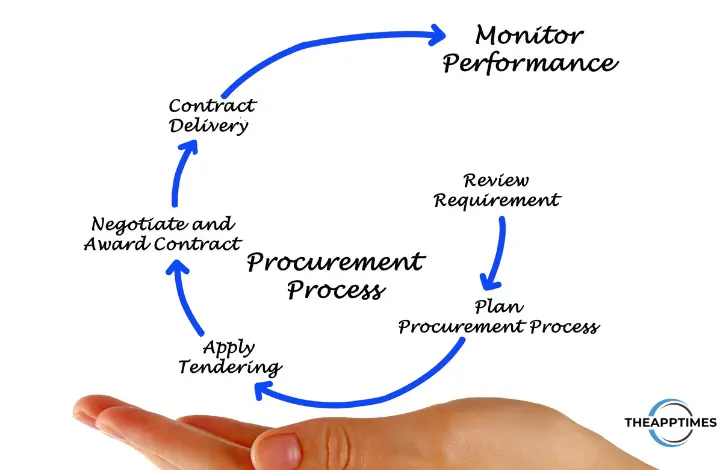Procuring IT resources stands as a pivotal operation for businesses aiming to secure essential hardware, software, and services for their information technology framework, for example with the help of https://www.trackerintelligence.com/private-sector/it-procurement/. This undertaking encompasses a series of meticulously devised phases that demand strategic planning and precision in execution. The ultimate goal is to ensure that organizations secure prime products and services at optimal costs. In this article, we present a comprehensive manual elucidating the intricacies of the IT procurement process and expert strategies to adeptly navigate its complexities.
What is IT Procurement and Why is it Important?
IT procurement denotes the method of procuring information technology commodities and services for an establishment. This indispensable function guarantees the availability of requisite technological assets that facilitate streamlined and efficient operations. The course of IT procurement entails recognizing the organization’s necessities, evaluating potential suppliers, conducting contract negotiations, and orchestrating the entire procurement operation. Effectively executed IT procurement contributes to cost savings, enhanced operational efficiency, and the sustenance of competitive standing.
How to Develop an Effective IT Procurement Strategy

The formulation of an adept IT procurement strategy is of paramount importance for organizations embarking on the procurement journey. A meticulously crafted strategy empowers organizations to methodically address their IT requisites, scrutinize potential suppliers, institute contractual agreements, and adroitly oversee the procurement trajectory. An efficacious IT procurement strategy should encompass the ensuing steps:
- Identify the organization’s IT needs: The initial stride in devising a proficient IT procurement strategy involves identifying the precise IT requisites of the organization. This entails identifying the indispensable hardware, software, and services imperative for supporting the organization’s functional spectrum.
- Evaluate potential vendors: Once the organization’s IT prerequisites are delineated, the subsequent phase entails a meticulous assessment of potential suppliers. This encompasses diligent scrutiny of supplier offerings, assessment of their products and services, and prudent price comparison.
- Negotiate contracts: Subsequent to the selection of a suitable supplier, the ensuing move entails the negotiation of contractual terms. This encompasses negotiations concerning pricing structures, delivery timelines, and overarching terms and conditions.
- Manage the procurement process: The culminating stride in devising an effective IT procurement strategy is the oversight and management of the procurement process. This encompasses vigilant monitoring of supplier performance, ensuring punctual deliveries, and the proficient resolution of any emergent challenges.
How to Negotiate Contracts for IT Procurement
Contract negotiations occupy a pivotal role within the purview of IT procurement. This entails adeptly negotiating terms encompassing pricing, delivery schedules, and ancillary conditions with the chosen supplier. To adeptly navigate these negotiations, organizations are well-advised to adhere to the ensuing best practices:
- Know what you want: Before commencing negotiations, organizations should meticulously define their IT requisites and the desired outcomes from the supplier.
- Research the vendor: Comprehensive supplier research is a must. This equips organizations with a holistic understanding of the supplier’s product offerings, pricing models, and market reputation. This knowledge furnishes organizations with a valuable edge during negotiations.
- Set clear expectations: Organizations should establish unequivocal expectations concerning delivery timelines, product quality benchmarks, and contractual stipulations. This clarity augments the probability of adherence to agreed-upon terms.
- Be willing to compromise: Negotiations typically entail a degree of compromise. Organizations should remain open to judiciously compromising on certain stipulations to arrive at a mutually beneficial accord.
Conclusion
A deep understanding of the IT procurement process is indispensably advantageous for organizations that want to secure requisite technological assets. The development of a judicious IT procurement strategy, meticulous evaluation of potential suppliers, adept contract negotiations, and astute management of procurement endeavors constitute the pivotal phases of this process.
By adopting the best practices for contract negotiations and adeptly constructing an exhaustive procurement strategy, organizations can reap the dividends of cost efficiencies, operational enhancements, and competitive viability.
Leave a Reply